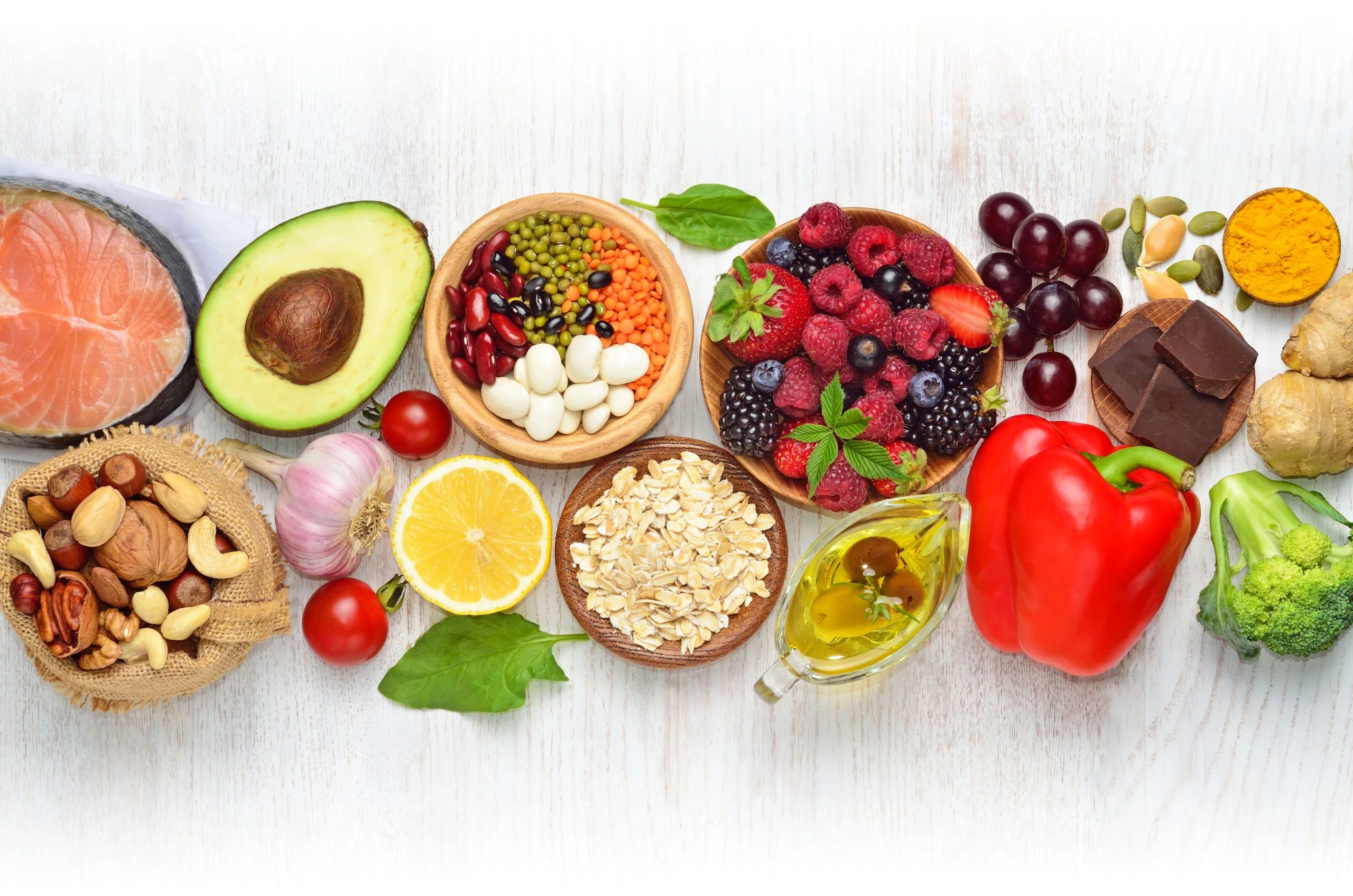After surgery, your body goes into recovery mode, working hard to heal and repair the affected tissues. One of the most important factors in this process is post-surgery nutrition. The right foods not only provide the energy needed to support healing but also supply essential nutrients that promote tissue repair, reduce inflammation, and boost the immune system. While your body may require extra rest, it also needs extra care in the form of a well-balanced, nutrient-dense diet. In this blog, we’ll explore the key nutrients and foods that can enhance the healing process, helping you recover faster and with fewer complications. From proteins to vitamins and minerals, the right post-surgery nutrition can make a significant difference in how quickly and effectively your body heals after surgery.
Essential Nutrients for Tissue Repair and Scar Reduction
After surgery, the body requires specific nutrients to repair tissues, reduce inflammation, and minimize scar formation. Protein is one of the most important nutrients for tissue repair, as it provides the building blocks necessary for healing. Lean meats, fish, eggs, legumes, and dairy are excellent sources of protein that help regenerate damaged tissues. Vitamin C is another key nutrient, known for its role in collagen synthesis, which is essential for wound healing and scar reduction. Citrus fruits, strawberries, bell peppers, and leafy greens are packed with vitamin C. Zinc also plays a vital role in tissue regeneration and immune function, and is found in foods like nuts, seeds, whole grains, and shellfish. Vitamin A helps maintain the integrity of the skin and mucous membranes, promoting wound healing and reducing the risk of infection. Foods rich in vitamin A include sweet potatoes, carrots, and dark leafy greens. Additionally, omega-3 fatty acids found in fatty fish, flaxseeds, and walnuts have anti-inflammatory properties that can help reduce swelling and support the overall healing process. By ensuring you’re consuming a variety of these nutrient-rich foods, you can speed up your recovery and help minimize visible scarring.
Hydration and Its Importance in the Healing Process
Staying properly hydrated is one of the most often overlooked aspects of recovery after surgery. Water plays a crucial role in the body’s ability to heal, as it aids in nutrient delivery, toxin removal, and the transportation of essential vitamins and minerals throughout the system. Proper hydration helps keep the skin moist, which can promote faster wound healing and reduce the risk of scarring. Additionally, fluids support the production of new cells and tissue regeneration, allowing the body to repair itself more efficiently. Dehydration, on the other hand, can slow down the healing process, increase the risk of complications like infections, and cause the skin to become dry and prone to irritation. To stay adequately hydrated, aim for a balanced intake of water, herbal teas, and electrolyte-rich drinks. Incorporating water-rich foods like fruits (such as watermelon and oranges) and vegetables (like cucumbers and celery) can also support hydration levels and aid in the healing process.
Foods to Avoid During Recovery to Minimize Inflammation
While certain foods promote healing, others can hinder recovery by increasing inflammation and slowing down the body’s ability to heal. Processed foods, such as those high in refined sugars, artificial additives, and trans fats, can trigger inflammatory responses in the body, leading to prolonged healing times and increased discomfort. Fried foods and those rich in unhealthy fats, like fast food and snacks containing partially hydrogenated oils, can further exacerbate inflammation, making recovery more difficult. Additionally, excessive alcohol consumption can impair the immune system, disrupt sleep, and contribute to dehydration, all of which negatively impact healing. High-sodium foods — like canned soups, salty snacks, and processed meats — can cause water retention and increase blood pressure, which can impede circulation and tissue repair. Lastly, refined carbohydrates, found in white bread, pastries, and sugary cereals, can spike insulin levels and promote inflammation. To support your body’s healing process, focus on whole, nutrient-dense foods, and minimize the intake of inflammatory foods to ensure a quicker and more effective recovery.
You can check our blogs for more information.






